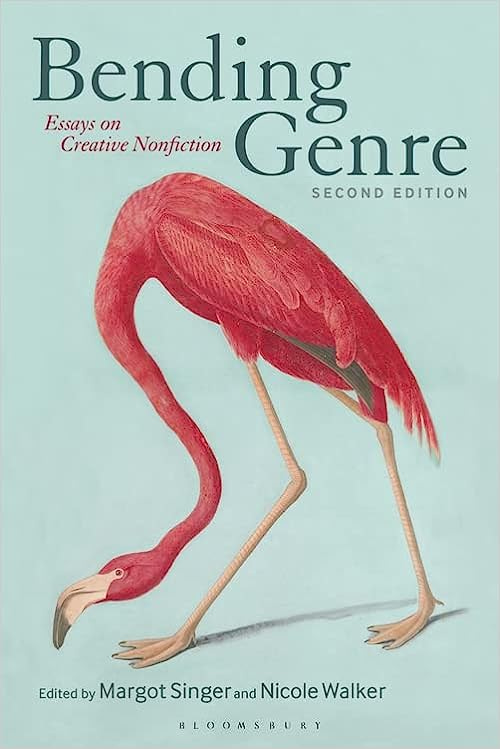The Close Read: Missing in Memoir 1
For some years, I taught a class in memoir. Not memoir writing. The genre. A literature class, or as I came to think over my teaching career, a reading class, as all literature classes are classes in reading, especially for the non aspiring-professional. How to read closely, carefully, insightfully.
Students, who are people, so people, often read carelessly. For instance, they tend to ignore things. Like titles. So basic. Yet often they don’t pause to consider the title, on its own or in relation to the text that follows. How do they seem to work together – or maybe, on the face of it, not? That’s a matter of what’s there.
What about what’s not there? Absences. And their presence. I’m not looking to get very abstruse and theoretical here. There are all kinds of theorizing, in literature, in philosophy and psychology, about present absences. I don’t think we need to go quite there for absences to play their vital role in insightful, valuable reading. If there is something we decide shoul…
Keep reading with a 7-day free trial
Subscribe to Homo Vitruvius by A. Jay Adler to keep reading this post and get 7 days of free access to the full post archives.



